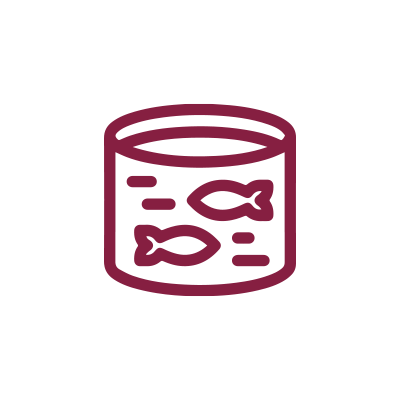M.S. in Life Science
Our Master's Program was
RANKED EIGHTH BEST NATIONALLY
by Successful Student
Our dynamic curriculum, rooted in the core principles of food science, blends essential knowledge from diverse scientific fields including chemistry, microbiology, biochemistry, and engineering. Tailored 2-year graduate programs, designed in collaboration with world-class advisors, are crafted to propel students towards flourishing careers in industry, academia, and government sectors.
Why get an M.S. of Life Sciences in Food Science?
Our nationally-ranked master’s program is strategically crafted to cultivate adept and accomplished food scientists who are ready to make significant contributions to our overarching goal of elevating the safety, quality, and market viability of the global food supply. Enrolled students will actively participate in cutting-edge research conducted in sophisticated laboratory spaces under the mentorship of distinguished faculty members. Many of these disciplines represent novel advancements in scientific knowledge, having only emerged within the last decade. Our program offers students immersive hands-on experiences and facilitates the establishment of valuable professional networks, positioning them for successful and gratifying careers post-graduation.

The median salary for food scientists with a master’s degree is $110,000.

86% of food scientists report being satisfied with their job.

Food Science occupations are expected to grow at a rate of 9% annually through 2030, higher than average for all jobs.

What can I do with this degree?
There is increasing demand for food scientists with graduate degrees across all disciplines in academia, industry, and government sectors. Our alumni frequently secure positions within prominent food corporations and government entities, particularly in product development, food safety, process engineering, and within public health agencies engaging in research and ensuring food safety both locally and abroad. Graduate degrees are especially beneficial for those going into academia in research and teaching roles. Recent alumni have successfully secured positions with esteemed organizations such as Tyson, the USDA, Nestlé, the FDA, the University of California, Davis, and Purdue University.

Food and
Flavor Chemistry
Understand the science behind the human perception of food, including taste, aroma, mouthfeel and appearance
Flavor chemistry seeks to understand and influence these traits through the chemical processes and interactions of a food’s components

and Microbiology
Develop new methods to process food products safely through thermal and aseptic processing; dehydration, and modified atmosphere packaging
Use nondestructive evaluation methods to characterize food components
Observe how food packaging affects the characteristics of the food
Create new methods and unit processes for food processing and packaging
Develop nanospike-enabled antimicrobial food contact surfaces (e.g., stainless steel countertop, packaging materials)
AI/ML-aided material design and discovery to improve barrier properties of food packaging
Immobilizing lactase (or cascades of enzymes) on filtration membranes for upcycling the lactose in acid whey
Fabrication of affordable gas sensors for monitoring food spoilage inside primary food packaging (i.e., intelligent packaging)

Food Processing, Packaging and Engineering
Understand basic molecular reactions, flavor chemistry, food composition, component interactions, and physical properties of food systems
Apply and characterize changes in food quality attributes, such as texture, color, flavor, and nutrition
Characterize nano-, micro- and macro-scale molecular changes that influence food structure

Food
Engineering
Immerse yourself in this wide-ranging field that applies engineering, chemistry, nanotechnology, environmental sciences, and microbiology principles through food processing operations to produce safe, nutritious, sustainable, and value-added products. Our faculty’s incredibly varied research in this area includes everything from converting food waste into usable and economically viable products to designing innovative new food packaging to extend product shelf life and quality.

Aquaculture
Advance aquaculture technologies used for producing freshwater and marine seafood.
Enhance the quality of aquaculture-produced seafood to feed the growing demand and expanding populations.

Education and
Extension
Develop interventions and educational programs to empower food handlers to use safer practices

Brewing Science
Develop and evaluate vineyard and orchard management, fermentation, and processing practices used in wine and hard cider production
Determine brewing quality of Virginia grown barley and hops

Functional Foods
for Health
Examine the role of sub-lethal stresses encountered during food processing on the survival, persistence, and virulence of food-borne pathogens
Develop interventions to prevent food contamination by food-borne pathogens and improve recovery during pre-harvest, post-harvest, and food preparation
Examine the effect of functional foods on the microbial ecology of gastrointestinal and food systems
Discover novel antimicrobial compounds, extracted from natural sources, to reduce pathogenic and spoilage microorganisms in foods
Characterize virulence factors and their role in disease severity
Utilize genomic and transcriptomic approaches to understand host-pathogen interactions of food-borne pathogens
30 Credit Hours
Includes at least 6 credits of Research and Thesis, 12 credits of 5000 level courses, 2 credits of Graduate Seminar, maximum 6 credits of 4000 level courses, and maximum 5 credits of Special or Independent Study.
Applications Due Feb. 1 and Sept. 1
We are now accepting applications for the Fall and Spring semesters! Fall semester applications are due to the Graduate School by February 1 and Spring semester applications are due by September 1.
Find Your Advisor
See our program webpage for a list of which faculty members are recruiting MSLF students. Once you find someone whose research matches your interests, reach out to them to learn more about their program!
Funding Resources
The majority of our MSLF students are fully funded through research or teaching assistantships, scholarships, and fellowships. To learn more about funding, contact the Graduate Program Coordinator.
Lab Spaces & Facilities
The department houses state-of-the-art facilities to accommodate the full breadth of FST research, including food processing and food safety pilot plants, an aquaculture lab, a research brewery, a fully-equipped sensory evaluation lab, a research winery and enology lab, and numerous other teaching laboratory and classroom spaces.
Blacksburg, VA
FST is located on Virginia Tech's main campus in beautiful Blacksburg. Nestled in the foothills of the Blue Ridge Mountains, Blacksburg is consistently ranked among the top college towns in the US for its thriving local scene, welcoming community atmosphere, and small town charm.
The departmental course/credit requirements for the M.S. degree in Life Sciences (Food Science & Technology) include completion of at least 30 graduate credits, composed of the following:
- at least 6 (maximum of 10) credits of Research and Thesis (FST 5994)
- at least 12 credits of 5000 level courses at least 2 (maximum of 3) credits in Graduate Seminar (FST 5004)
- a maximum of 6 credits of 4000 level courses
- a maximum of 5 credits of Special Study or Independent Study
The 5000 level courses must include at least 6 credits of FST department courses. Additionally, a 5000 level biochemistry course (typically BCHM 5124) and a 5000 level statistics course (typically STAT 5605, 5606, or 5615) along with our Graduate Professionalism in Food Science course (FST 5054)are required. Graduate students will need to complete the following courses (or an equivalent) if they were part of their previous degree program:
- Food Chemistry (FST 4504)
- Food Microbiology or Advances in Food Micro (FST 3604 or 5604)
- Food Processing (FST 4304) or Food Safety and Quality Assurance (FST 4524)
"I currently support sensory needs for a handful of McCormick's brands and work with others to run the internal descriptive analysis panel. Virginia Tech introduced me to the sensory skills I use every day, and the hands-on work I did there with descriptive analysis and other sensory methods has proved invaluable to me."
Isabelle Haser ('23)
Sensory Scientist I at McCormick Corporation
-
Bio ItemAlexis M. Hamilton , bio
Extension Specialist and Assistant Professor: Food Processing Microbiology
-
Bio Item
 Laura K. Strawn , bio
Laura K. Strawn , bioProfessor and Extension Specialist: Food Microbiology, Produce Safety
-
Bio Item
-2.jpg.transform/s-medium/image.jpg) Monica Ponder , bio
Monica Ponder , bioProfessor: Microbiology
-
Bio Item
 Rachel Cheng , bio
Rachel Cheng , bioAssistant Professor: Food Microbiology, Food Safety, Foodborne Illness Virulence and Disease Severity, Host-Pathogen Interactions of Foodborne Pathogens
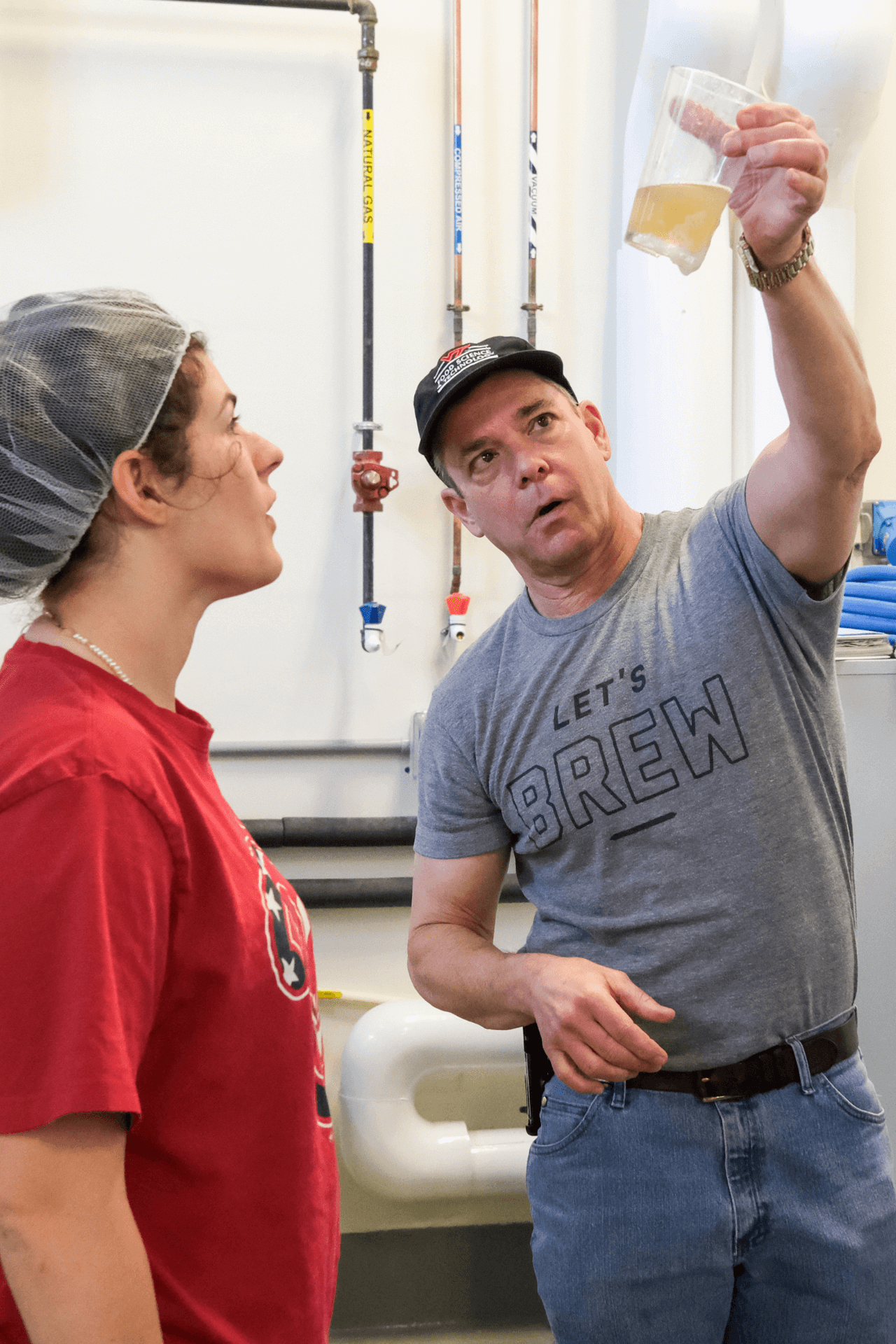
Food and Beverage Fermentation
Processing foods using microorganisms

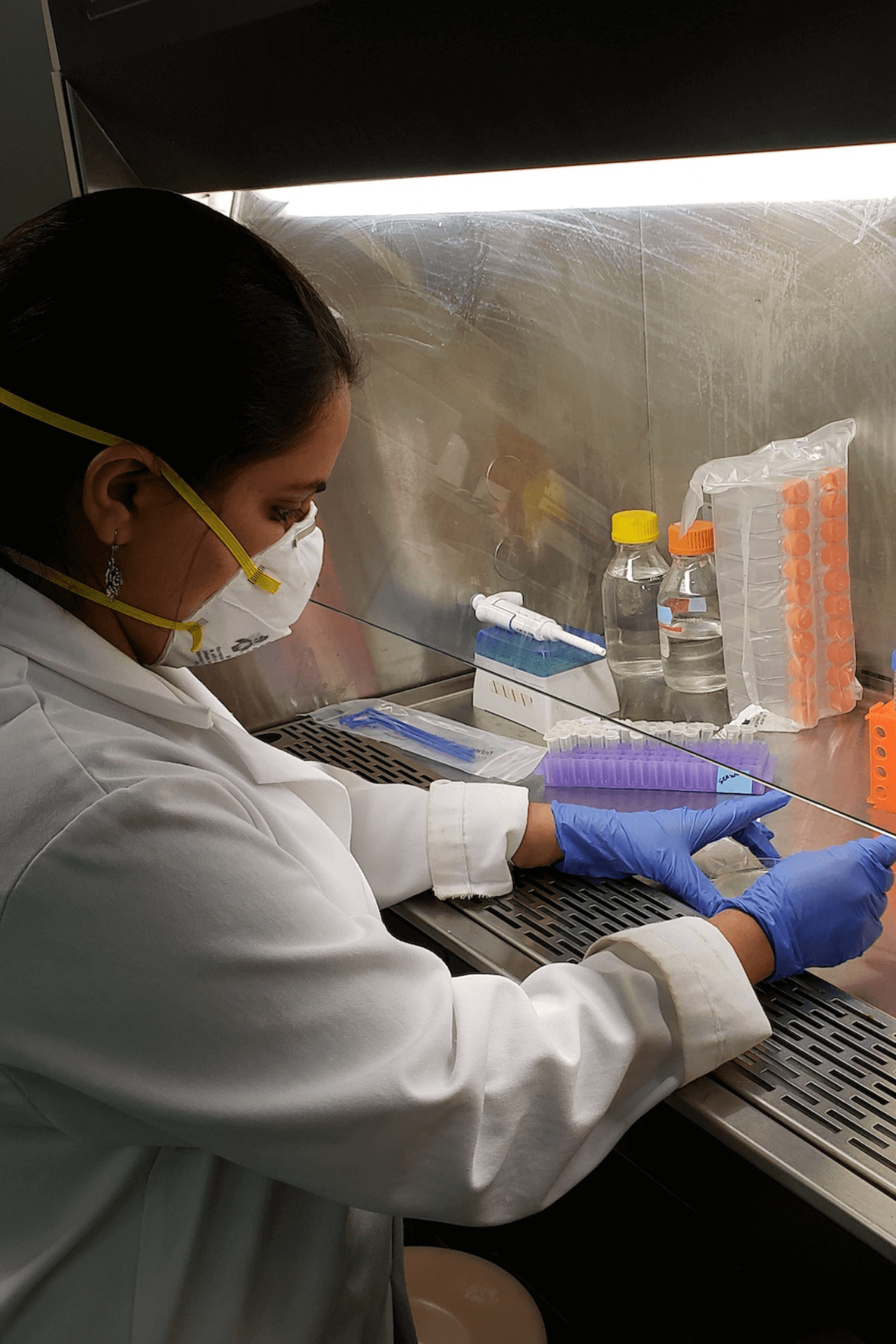
Food Safety and Food Microbiology
Exploring the interactions between microbial communities
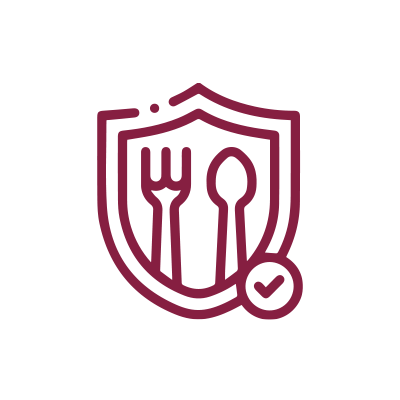
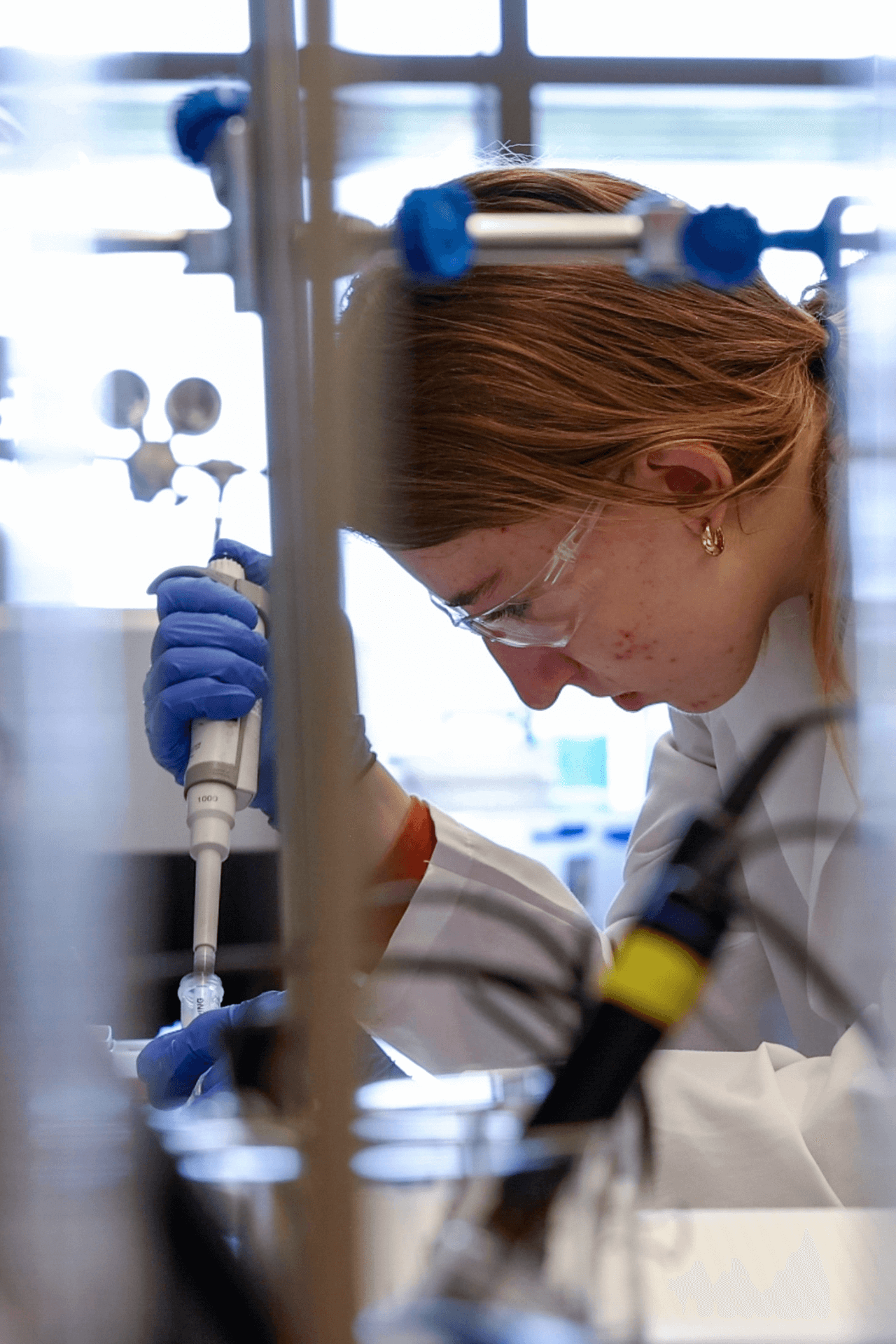
Phytochemicals and Functional Foods for Health
Functional foods are those that may offer health benefits beyond their nutritional value.
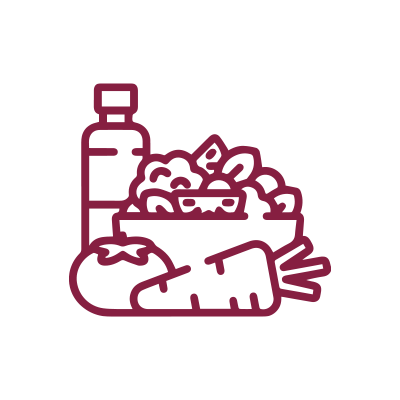
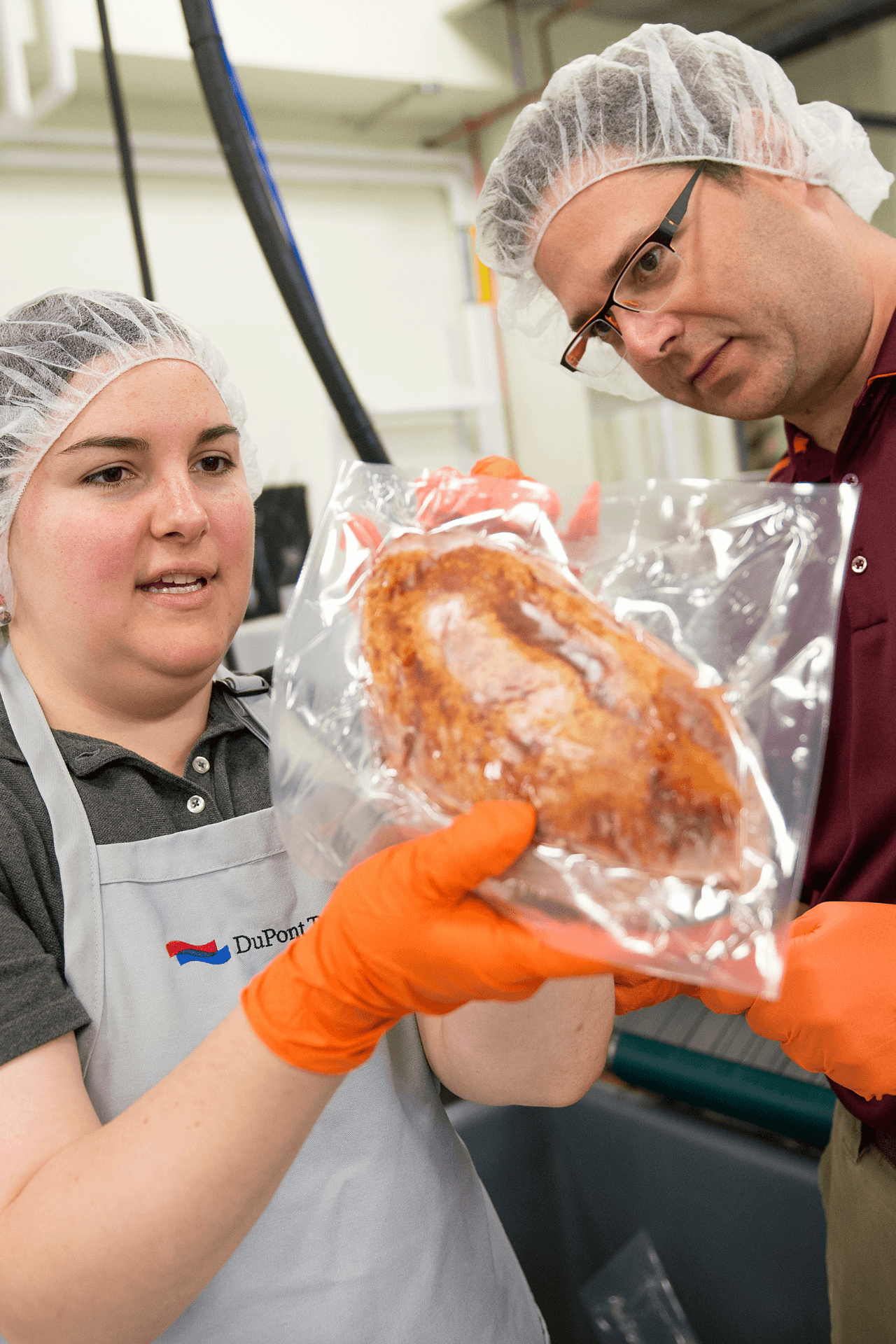
Food Processing and Engineering
Utilizing food processing operations to produce safe, nutritious, sustainable, and value-added products
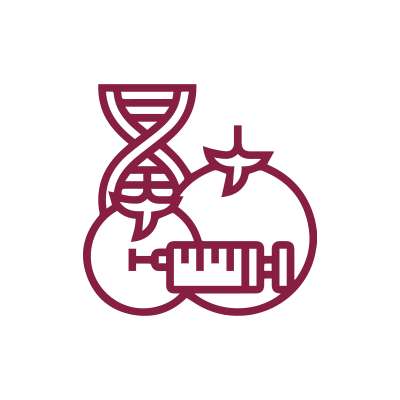
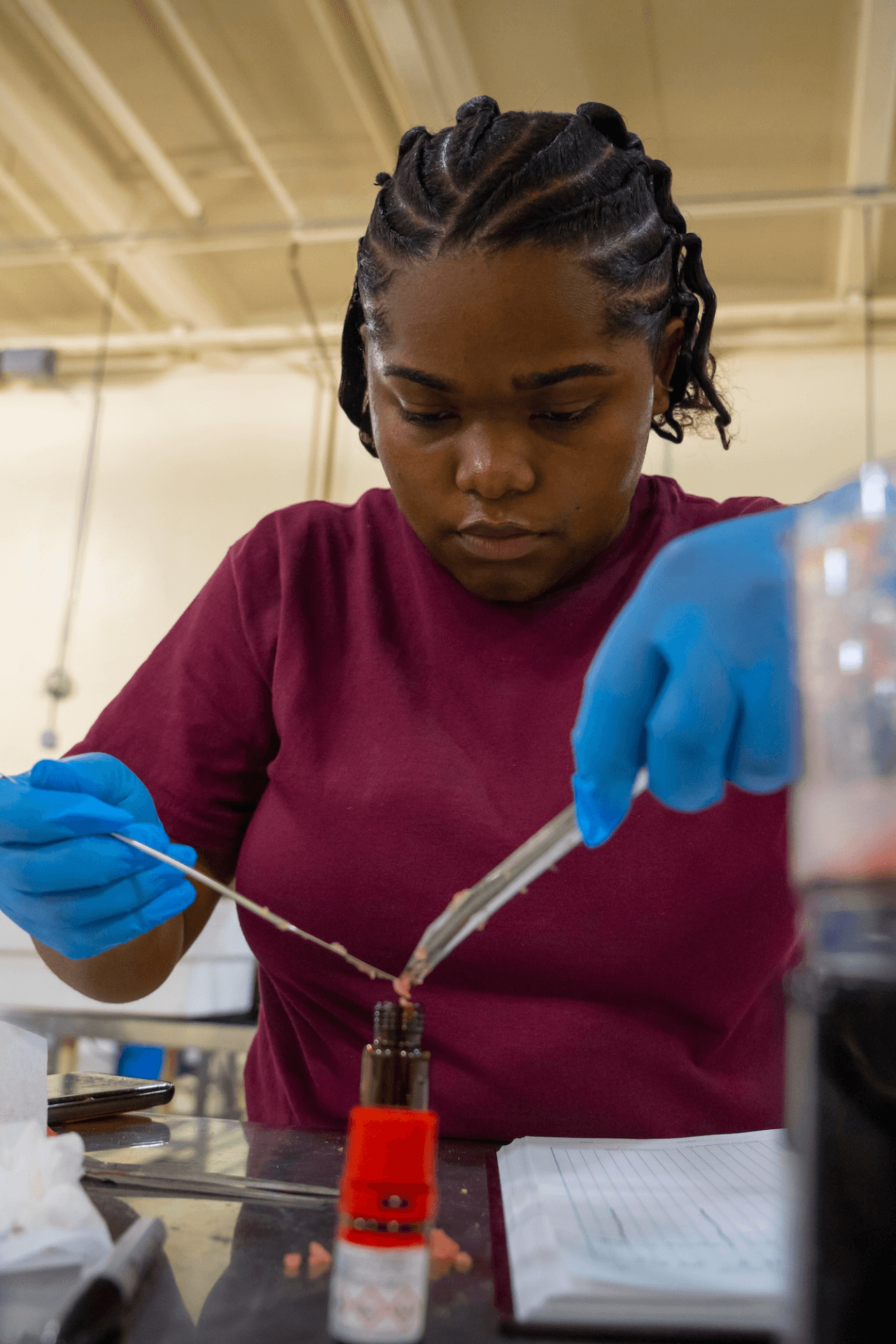
Food and Flavor Chemistry and Sensory Science
The science behind the human perception of food
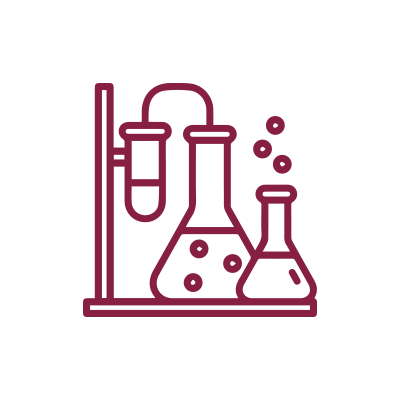
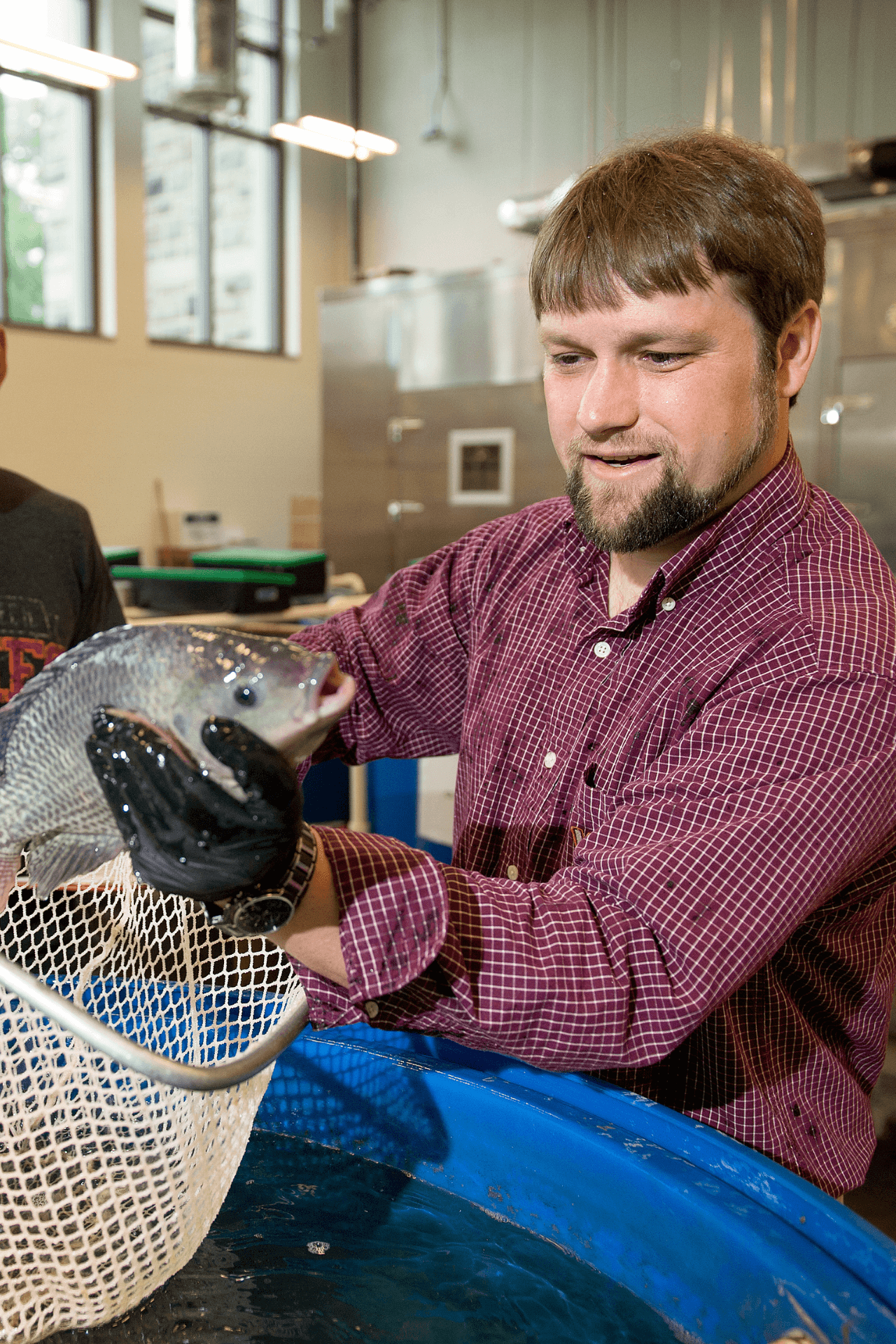
Aquaculture
Diving into the breeding, raising, and harvesting of seafood in a controlled environment
